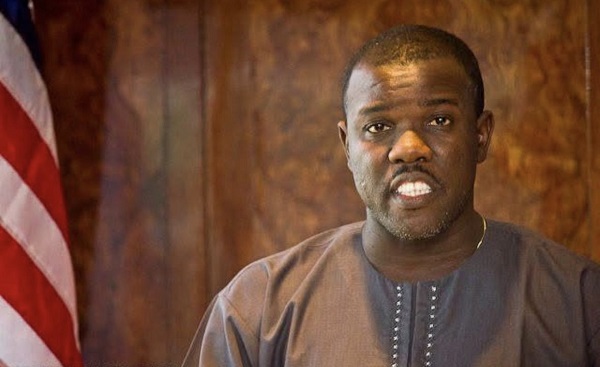Development journalist, Olatunji Oke, has warned African governments and development institutions to tackle food insecurity urgently, otherwise the continent will continue to slide into deeper conflict, displacement, and economic fragility.
Oke, the publisher of Africa Indicator magazine disclosed this at the Food Security and Global Peace Dialogue held in Chicago recently. He said, “Empty plates breed conflict. When we grow Food, we grow peace.”
The event drew policymakers, development partners, and agribusiness leaders and focused on the escalating hunger crisis across Africa and its implications for peace and security. Oke, publisher of Africa Indicator magazine and a vocal advocate for communication-led development used his keynote to connect the dots between failing food systems, violent extremism, and migration.
He said, “Food is no longer just a survival issue; it has become a political and security lever.
In the Sahel, recruitment into armed groups is often predicated on a simple offer: a bag of grain. That is the cost of peace in many places.”
He also referenced data from FAO and WFP, indicating that nearly 55 million people in West and Central Africa are struggling with food insecurity. In the Lake Chad Basin, over 4 million people are Food insecure, 2.9 million of them in Nigeria alone. “Across Nigeria’s Middle Belt, conflicts between herders and farmers, fuelled by climate change and shrinking grazing land, have displaced thousands and shattered livelihoods. The resulting hunger feeds into a cycle of blame, retaliation, and further violence.”
He lamented that despite abundant land—84 million hectares of arable soil—Nigeria remains heavily reliant on food imports, spending $4.7 billion in 2024 alone. “That is money we should be using to empower farmers, modernize processing, and create jobs,” he said.
To change this narrative, Oke proposed four strategic interventions, including expanding agro-processing zones with cold chains and storage facilities; incentivizing urban-farming startups to meet local vegetable demand; strengthening partnerships between government, private investors, and NGOs to fund agripreneurship; and launching an “Eat Nigeria” campaign to drive local food tourism and pride.
He also made a compelling case for youth and women inclusion, saying, “Youth unemployment is driving emigration, while women face 18 per cent wage gaps in agriculture. These are not just inefficiencies; they are lost opportunities for peacebuilding.”
Oke commended philanthropic and multilateral efforts such as the Tony Elumelu Foundation’s Green Entrepreneurship Program and the African Development Bank’s $25 billion investment in food self-sufficiency but said more targeted funding is needed for smallholder farmers and women-led cooperatives.
“Africa can feed itself and the world. But first, we must see food security not as charity but as a strategy. Not as aid, but as justice.”





